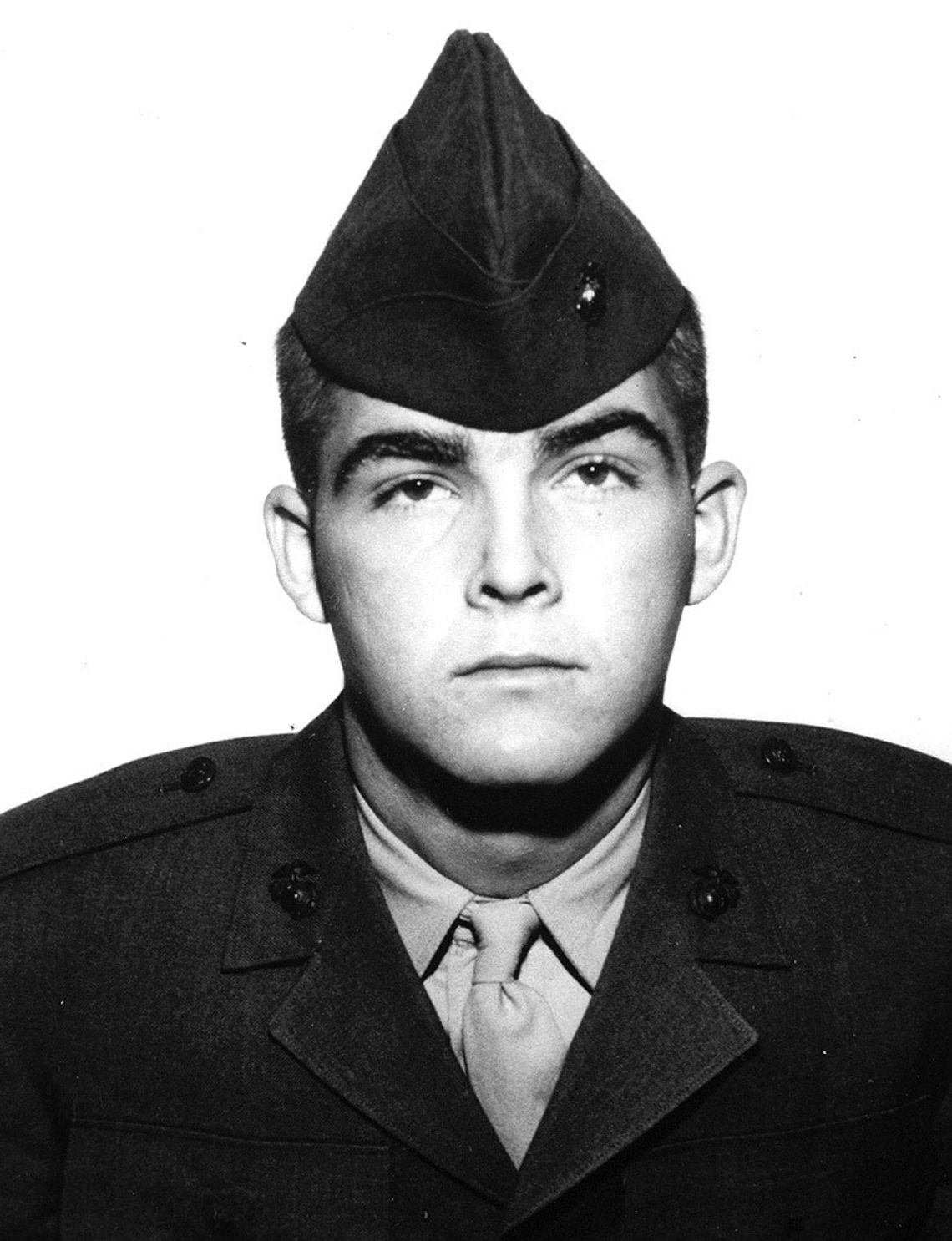On Interstate 64 near Lewisburg is a bridge with a sign noting that it is the PFC Gary Martini Memorial Bridge.
You may have wondered who PFC Gary Martini was and may be surprised that the bridge is in honor of a man born in the Stonewall Jackson Memorial Hospital in Lexington on Sept. 21, 1948.
The people of Lexington would have little time to get to know Gary as his parents, William and Anna Lee Martini, moved to Williamsburg, W.Va., when he was just 3 years old.
Gary would attend the Stonewall Jackson Elementary School and later the Stonewall Jackson High School there where he was a popular student and very active in sports, particularly football.
Just before his senior year, his family moved to Portland, Ore., and Gary no longer knew all his classmates and did not seem to fit in with his Southern accent and in a school where a majority of students that senior year were planning to go to college the next year.
College was not where Gary w anted t o g o. H e h ad his mind set on a career in the Marine Corps. He did not wait for graduation to join; in March 1966, he signed up for the Marines. Having enough credits, he did not wait around for the official graduation from David Douglas High School and in April, he was sent off t o San D iego for r ecruit basic training and later to Camp Pendleton. H e then was sent to Camp Lejeune, N.C., for advanced infantry training.
In April 1967, he was assigned as a rifleman to Co. F, 1st Marine Division, and sent to Vietnam.
The Quế Sơn Valley in the southern part of South Vietnam was viewed as one of the keys to controlling South Vietnam’s five northern provinces by the communists, and by early 1967 at least two regiments of the North Vietnam Army’s 2nd Division had infiltrated into the area. Operation Union was a plan to locate and destroy the NVA forces, using both ground and air support to accomplish the mission.
The Marines were transported to the area and began moving into the area when they came under fire from an unexpected NVA ambush. The ambush resulted in 14 Marines being killed and 18 others wounded.
Martini made it to safety but crawled out of a position of shelter and ran over an open area under heavy fire. Reaching a point near the enemy position, Martini used grenades to take out a machine gun and the rest of the NVA troops in that position Under heavy fire, he made it safely back to his unit after this action. There he saw several Marines were wounded in a rice paddy and under fire. He watched as a Marine attempting to rescue the wounded was killed by enemy fire. In spite of the danger, Martini ran out under the same heavy fire, grabbed one of the wounded and pulled him back to safety, getting a life-threatening wound in this effort.
Although seriously wounded, he went back to rescue a second wounded Marine. Upon reaching the wounded Marine, he was again hit by enemy fire but when he saw a couple of Marines planning on coming to help him, he yelled for them to stay there and with much effort he pulled the wounded man back to near the Marine position where fellow Marines reached out and pulled the wounded man to safety. Martini was not so fortunate. He had died from his wounds, having saved two fellow Marines. He was 19 years old.
He was nominated for the Medal of Honor, and Martini’s family received the medal in a ceremony at the Marine Barracks in Washington, D.C., on Oct 22, 1968, from the Secretary of the Navy.
He has had a training center and other Marine facilities named for him, as well as the bridge on I-64. He is buried in the Rosewood Cemetery in Lewisburg, W.Va. In addition to the Medal of Honor, he was also awarded the Purple Heart, Vietnam Service Medal with bronze star, and Vietnam Campaign Medal.
.jpg)



